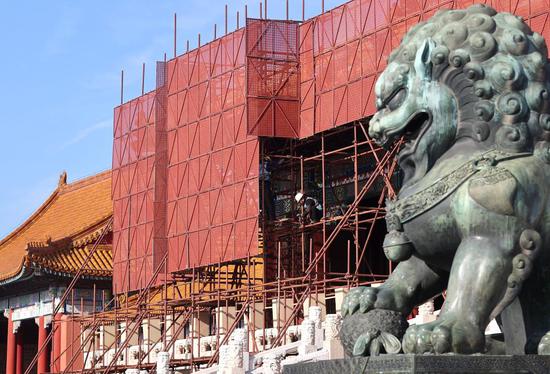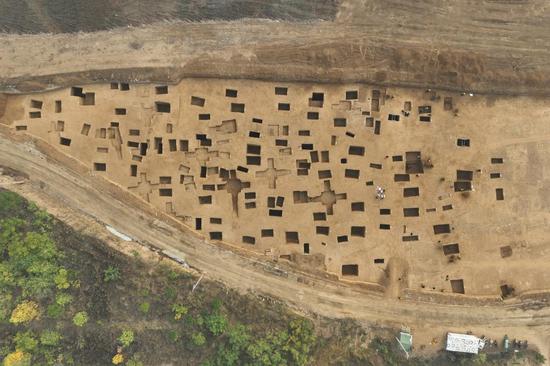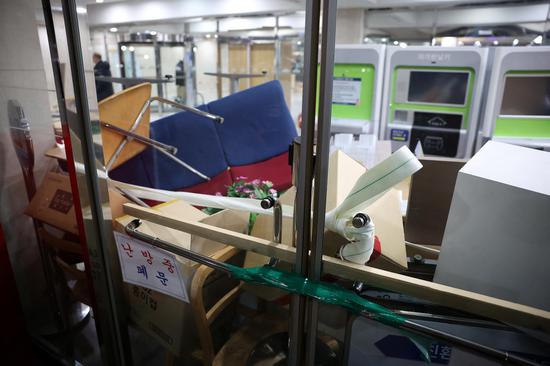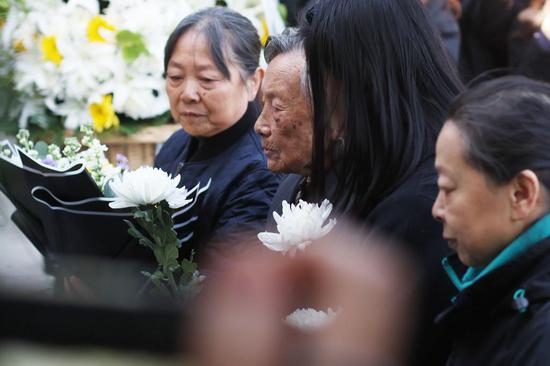China's Supreme People's Court (SPC) released six typical cases of dealing with corrupt low-ranking officials on Monday to fully leverage the educational, warning, and deterrent impact these cases bring. The cases involve corruption in six areas: housing security, education admissions, medical insurance, labor and employment, fiscal taxation, and land acquisition and relocation.
The cases unveiled by the SPC highlight efforts to protect public welfare, ensure comprehensive accountability and balance leniency and severity.
The case of a man surnamed Qi, who is guilty of bribery, abuse of power, and dereliction of duty, serves as a typical example of job-related crimes in the housing security sector.
Qi leveraged his position in a local housing and urban-rural development department to improperly approve affordable housing projects. He was grossly irresponsible and failed to carefully review the public rental housing application materials, resulting in 232 units being occupied by ineligible individuals and causing a total economic losses of 8.89 million yuan ($1.2 million). The court sentenced him to 13 years in prison and imposed a fine of 600,000 yuan.
In another case, a school principal surnamed Zhong, who provided assistance to others in student admissions, transfers, class assignments, project undertakings, and the disbursement of project funds, illegally received a total of over 9.49 million yuan in property from others. The court sentenced Zhong to 11 years in prison and a fine of 600,000 yuan.
This case exemplifies the judiciary's uncompromising stance on corruption in the education sector, reflecting its resolve to preserve justice.
In a case involving the medical insurance sector, a defendant surnamed Li used his position at a local government medical insurance office to embezzle medical insurance funds for personal use, severely violating public interest and jeopardizing the security of the insurance fund.
The court sentenced him to two years in prison and a fine of 100,000 yuan. This case highlights the judiciary's firm action taken to deal with corrupt low-ranking officials in the healthcare sector, ensuring the proper functioning of medical insurance funds and safeguarding the rights of the public.
According to the SPC, the fight against corruption must continue to exert effort and advance deeply. The court will continue to deal with corrupt low-ranking officials working close to the people, so that the people may feel that the fight against corruption is right beside them, and that fairness and justice are within reach. This will provide strong judicial support for decisively winning the tough and protracted battle against corruption.
In an editorial published on November 25 on the website of the Communist Party of China (CPC) Central Commission for Discipline Inspection and the National Commission of Supervision, it said data and public sentiment serve as a mirror, reflecting both the significant progress made in combating corruption of "small flies" and the fact that the existing corruption has not been fully eradicated. It indicated that efforts to tackle such corruption still need to be strengthened.


















































 京公网安备 11010202009201号
京公网安备 11010202009201号